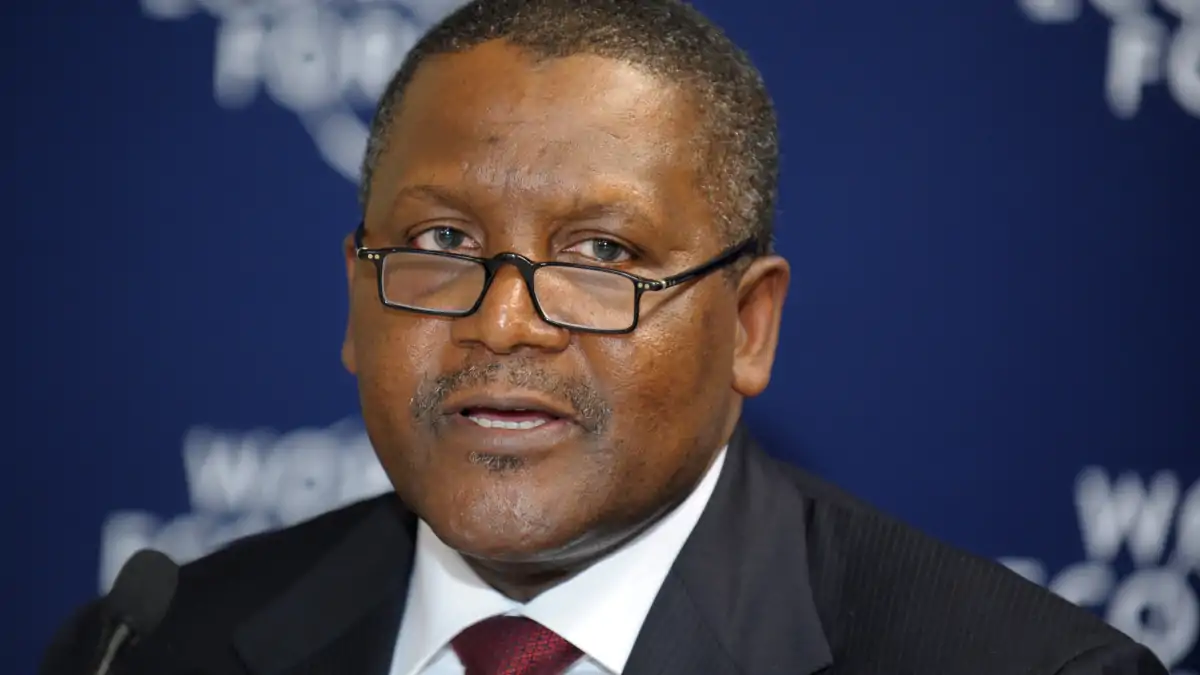In a recent report, Oxfam highlights the overwhelming economic disparity prevailing in Africa. Dangote and the six other wealthiest individuals on the continent amass a wealth of $52 billion, surpassing that of the 700 million people forming the poorest half of Africa’s population. This observation sheds light on the urgent need to address this blatant inequality.
The report suggests that a tax of up to 5% on Africa’s super-rich could generate an annual amount of $11.9 billion, almost enough to cover the humanitarian needs of Eastern and Southern Africa in 2023. Oxfam advocates for a new era of public action, including strengthened public services, corporate regulation, breaking up monopolies, and implementing permanent taxes on wealth and excess profits.
The influence of large corporations in the region is also emphasized. Seven out of the world’s top ten corporations, some highly present in Africa, have a billionaire as CEO or principal shareholder, possessing a wealth equivalent to nearly four times the combined GDP of all African countries. This concentration of economic power contributes to a disproportionate increase in inequalities, hindering governments’ ability to provide essential public services such as health and education.
Aliko Dangote case
Economic inequality is particularly striking in Nigeria, where Aliko Dangote, the richest man on the continent, holds a near-monopoly on cement. His company, Dangote Cement, boasts some of the world’s highest profit margins (45%), while paying a tax rate of only 1% over the past 15 years. Dangote’s wealth surpasses that of the bottom half of the Nigerian population, consisting of 109 million people.
Situation in South Africa
The report also highlights the concerning situation in South Africa, ranked as the most unequal country in the world. The country’s billionaires have seen their combined wealth increase by a third since 2020, while the remaining 99% of the population has become poorer. Additionally, Zimbabwe’s sole billionaire has seen his fortune increase by nearly 40% since 2020.
The report sheds light on the “war on taxation” led by corporations, resulting in a roughly one-third fall in the effective corporate tax rate over recent decades. African countries rely nearly twice as much as OECD countries on corporate income tax revenue to fund their public spending, losing an estimated $200 billion annually due to corporate tax avoidance.
Articles similaires
- → Davido claims to have purchased a Bombardier 7500 Jet
- → Davido Announces Legal Action After April Fools' Prank
- → Nigeria: Tinubu administration seeks to nearly triple electricity prices in Band A
- → A Dangote truck driver arrested for fatally running over a woman in Lagos
- → Dangote's fortune surges to over $15 Billion after Naira rise

